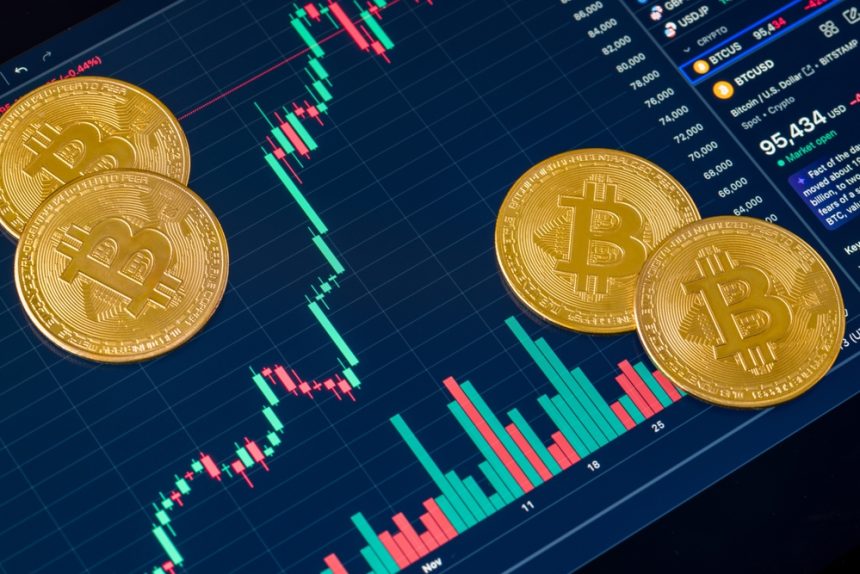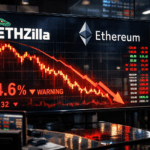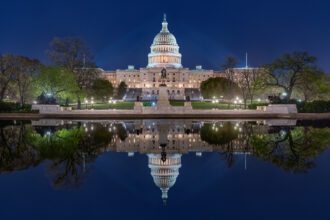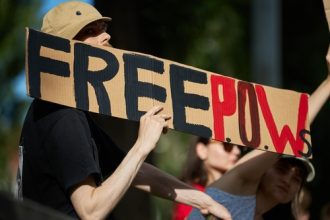El Salvador Buys the Dip: Inside the $100M Bitcoin Move Defying IMF Pressure
El Salvador has stepped back into the global spotlight after purchasing over $100 million worth of Bitcoin during a major market dip. As Bitcoin briefly fell below $90,000 during a sharp correction, President Nayib Bukele confirmed that the government added more than 1,000 BTC to its national reserve. This move comes at a time when the International Monetary Fund has pushed the country to reduce its exposure to Bitcoin, making the purchase both bold and controversial. Instead of slowing down, El Salvador has chosen to double down on its Bitcoin strategy, once again showing the world that it is committed to long-term adoption of digital assets.
Bitcoin has been part of El Salvador’s national identity since the country became the first in the world to adopt it as legal tender in 2021. Even though changes to the law now make Bitcoin optional rather than mandatory for businesses, the government continues to treat BTC as a major long-term asset. El Salvador operates a Strategic Bitcoin Reserve that spreads its holdings across multiple wallets for transparency and security, and it even buys one Bitcoin every single day as part of a long-term accumulation plan. The latest $100 million purchase is the largest dip buy since the Bitcoin Law was introduced, showing that the government believes strongly in the future value of the asset.
The timing of this purchase is especially important because it goes against agreements made with the IMF. Earlier this year, El Salvador secured a large loan program from the IMF under the condition that the country would limit its public involvement with Bitcoin and reduce financial risks tied to crypto volatility. However, this latest buy suggests that the government is willing to challenge those expectations. For President Bukele, Bitcoin represents economic independence and a way to attract investment and tourism, while critics argue that it introduces too much risk for a developing country. The clash between global financial institutions and El Salvador’s crypto-first approach continues to grow.
Market conditions also played a major role in this decision. Bitcoin’s sudden drop came during a global pullback across many risk assets, with investors reducing exposure and large funds recording significant outflows. Instead of following the trend, El Salvador used the moment to strengthen its position. While the purchase is not big enough to move Bitcoin’s global price, it sends a powerful message that at least one nation is committed to buying during fear rather than selling. This symbolism carries weight in the crypto world, where confidence and long-term belief often shape market sentiment.
Of course, El Salvador’s strategy involves real risks. Bitcoin remains a highly volatile asset, and a sudden long-term decline could put pressure on the country’s finances. There is also the ongoing tension with the IMF, which may complicate future loan negotiations. Some Salvadorans still doubt the benefits of Bitcoin, especially as everyday usage of BTC remains low inside the country. Critics argue that investments should focus more on healthcare, jobs, and infrastructure before expanding into more crypto. Despite this, the government has maintained that its Bitcoin approach will pay off over the long term.
The potential rewards, however, could be enormous. If Bitcoin continues rising in future cycles, El Salvador’s holdings could eventually be worth billions, giving the country a powerful financial foundation that few nations possess today. This could bring stronger economic growth, greater investor interest, and more global attention. Because El Salvador made these early moves before any other government, it stands to benefit the most if Bitcoin becomes a widely adopted global asset in the future. In many ways, the country is acting like an early investor in a technology it believes will reshape financial systems worldwide.
For everyday investors, El Salvador’s actions highlight a simple lesson: long-term conviction matters. The government continues buying both through daily purchases and big dip buys, showing a strategy based on patience rather than short-term trading. While individuals may not have the resources of a nation, the idea of staying consistent, buying during dips, and thinking in years rather than days can apply to anyone. Whether or not one agrees with El Salvador’s approach, it is clear that the country is not just experimenting with Bitcoin anymore it is fully committed.
In the end, El Salvador’s $100 million Bitcoin dip buy is more than a headline. It represents a nation choosing its own economic path, even when pressured by powerful institutions. It confirms that Bitcoin is becoming part of global finance at a government level. And it proves that sometimes the smallest countries make the biggest statements. Whether history will see this move as genius or reckless remains to be seen, but one thing is certain: El Salvador has once again changed the conversation about Bitcoin and the future of money.





















